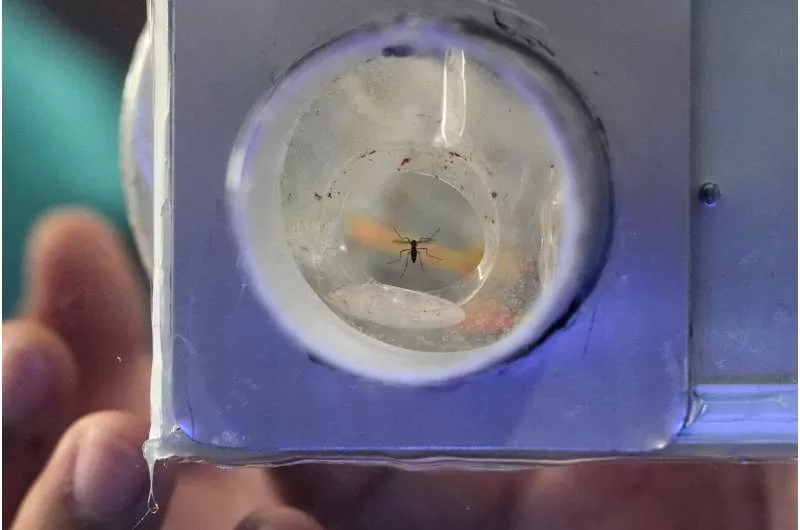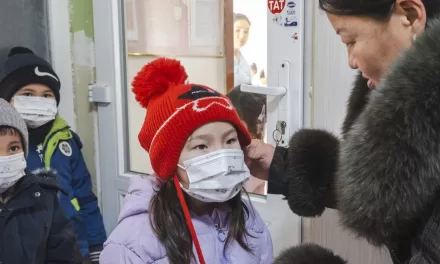Mandaluyong City, Philippines – In a bold and unconventional move to combat the rising dengue crisis, a village in the densely populated Philippine capital region has introduced a bounty system, rewarding residents for capturing mosquitoes—dead or alive.
The Addition Hills village in Mandaluyong City launched the initiative following a dengue outbreak declaration in the nearby city of Quezon over the weekend. Eight more areas have reported a sharp rise in cases of the mosquito-borne illness, which has claimed lives and left thousands infected.
According to the Philippines’ health department, at least 28,234 dengue cases have been recorded nationwide up to February 1, marking a staggering 40% increase compared to the same period last year. Quezon City alone reported 1,769 infections and 10 fatalities, mostly among children, leading officials to escalate their anti-dengue measures.
Addition Hills, home to over 100,000 residents living in densely packed neighborhoods and high-rise condominium towers, has implemented clean-up drives, canal de-clogging, and hygiene awareness campaigns. However, when local dengue cases surged to 42 this year and claimed the lives of two young students, village leader Carlito Cernal decided to intensify efforts.
“There was an alarm,” Cernal told The Associated Press. “I found a way.”
Under the program, residents are offered a reward of one Philippine peso (just over one cent) for every five mosquitoes or mosquito larvae they capture and turn in.
Critics have raised concerns that the program might inadvertently lead to people breeding mosquitoes for financial gain. However, Cernal assured that such risks were minimal, as the initiative would be discontinued once cases declined.
On the campaign’s first day, eager mosquito hunters arrived at the village office, hoping to cash in. Miguel Labag, a 64-year-old scavenger, presented a jug containing 45 mosquito larvae and received nine pesos (15 cents).
“This is a big help,” Labag said with a smile. “I can buy coffee.”
Dengue, a viral infection common in tropical countries, is spread by Aedes mosquitoes and can cause severe symptoms such as joint pain, nausea, vomiting, rashes, and even organ failure in extreme cases. While no specific treatment exists, timely medical care can prevent fatalities.
Other villages in Quezon City are also exploring alternative methods to curb mosquito populations, including the release of frogs to eat the insects.
Health Secretary Teodoro Herbosa emphasized the importance of eliminating mosquito breeding sites and urged infected individuals to seek medical care immediately. Despite the rise in dengue cases, the Philippines has managed to maintain relatively low mortality rates, he noted.
Health officials suggest that unpredictable weather patterns and intermittent rains have contributed to the surge in dengue cases outside the traditional rainy season, which begins in June. Climate change may be playing a role in these unexpected outbreaks, said Health Undersecretary Alberto Domingo.
Disclaimer: This article is based on publicly available information and statements from officials. The effectiveness and potential risks of the mosquito bounty program remain subject to ongoing evaluation. Readers are advised to follow official health guidelines and preventive measures recommended by public health authorities.












